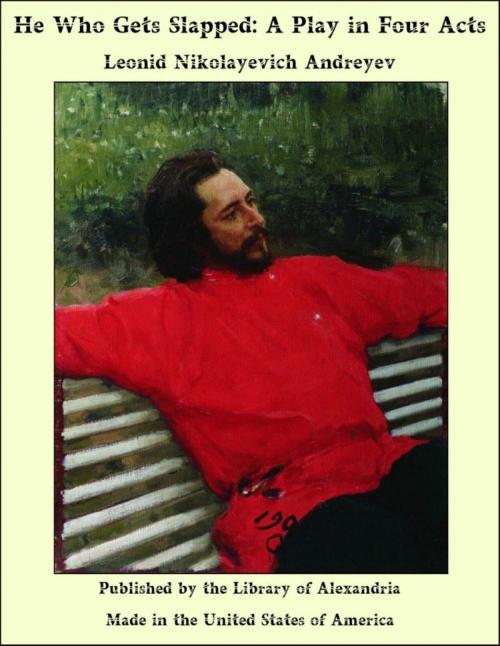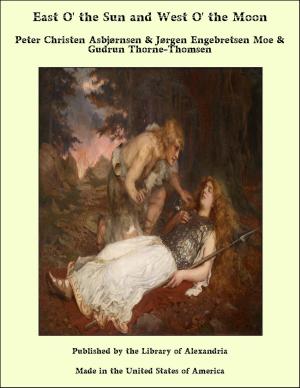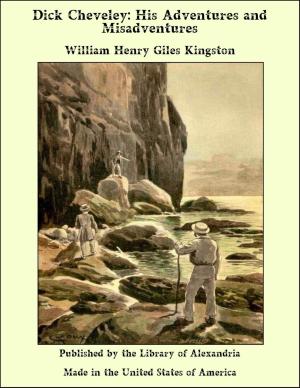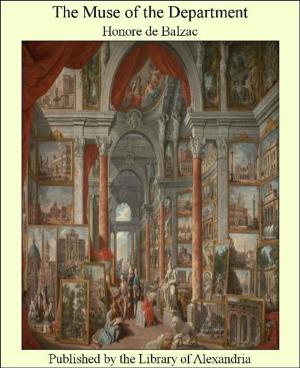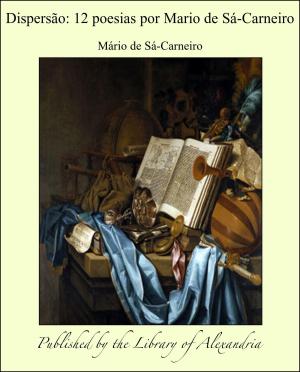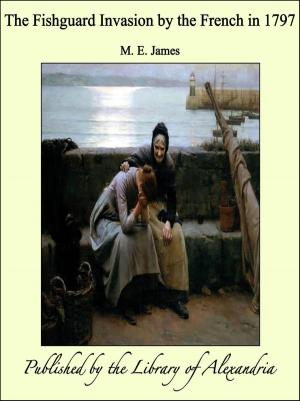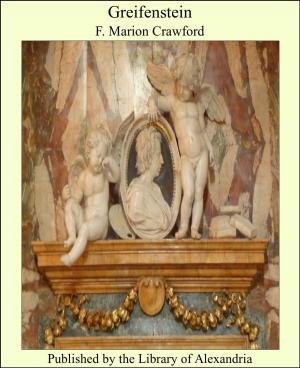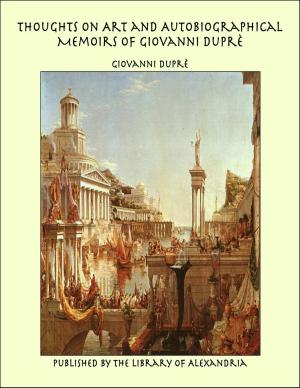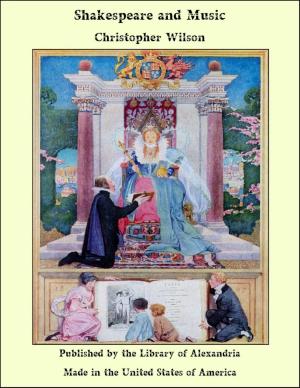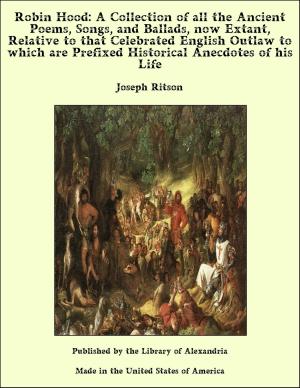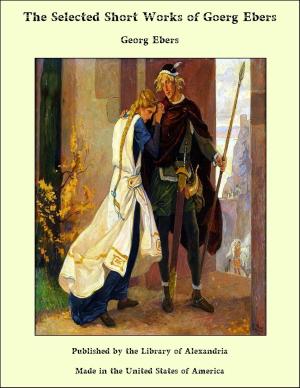He Who Gets Slapped: A Play in Four Acts
Nonfiction, Religion & Spirituality, New Age, History, Fiction & Literature| Author: | Leonid Nikolayevich Andreyev | ISBN: | 9781465509154 |
| Publisher: | Library of Alexandria | Publication: | March 8, 2015 |
| Imprint: | Language: | English |
| Author: | Leonid Nikolayevich Andreyev |
| ISBN: | 9781465509154 |
| Publisher: | Library of Alexandria |
| Publication: | March 8, 2015 |
| Imprint: | |
| Language: | English |
LEONID ANDREYEV as a literary figure was born in the gloomy atmosphere of depression of the 'nineties. He thus appeared upon the literary stage at a period when the old and splendid generation of Turgenev and Dostoevsky had already passed away and when Chekhov had begun to demonstrate before the reader the gloom and colourlessness of Russia life. This was a period when the social forces of Russia were half destroyed by the reaction under Alexander III, and when the young generation was trying to rest and to get away from the strain of social hopes and despair. This period, briefly speaking, was a period of melancholy, of commonplace, every-day preoccupations, and of dull terre à terre philosophy. It must be borne in mind that literature was the only outlet for the moral and intellectual forces of Russia. Political reaction, censorship, complete absence of civil liberties, and the cult of popular ignorance upon which Czardom based its power, all these made the written artistic word almost the sole expression of Russian social longings and idealistic expectations.
LEONID ANDREYEV as a literary figure was born in the gloomy atmosphere of depression of the 'nineties. He thus appeared upon the literary stage at a period when the old and splendid generation of Turgenev and Dostoevsky had already passed away and when Chekhov had begun to demonstrate before the reader the gloom and colourlessness of Russia life. This was a period when the social forces of Russia were half destroyed by the reaction under Alexander III, and when the young generation was trying to rest and to get away from the strain of social hopes and despair. This period, briefly speaking, was a period of melancholy, of commonplace, every-day preoccupations, and of dull terre à terre philosophy. It must be borne in mind that literature was the only outlet for the moral and intellectual forces of Russia. Political reaction, censorship, complete absence of civil liberties, and the cult of popular ignorance upon which Czardom based its power, all these made the written artistic word almost the sole expression of Russian social longings and idealistic expectations.
